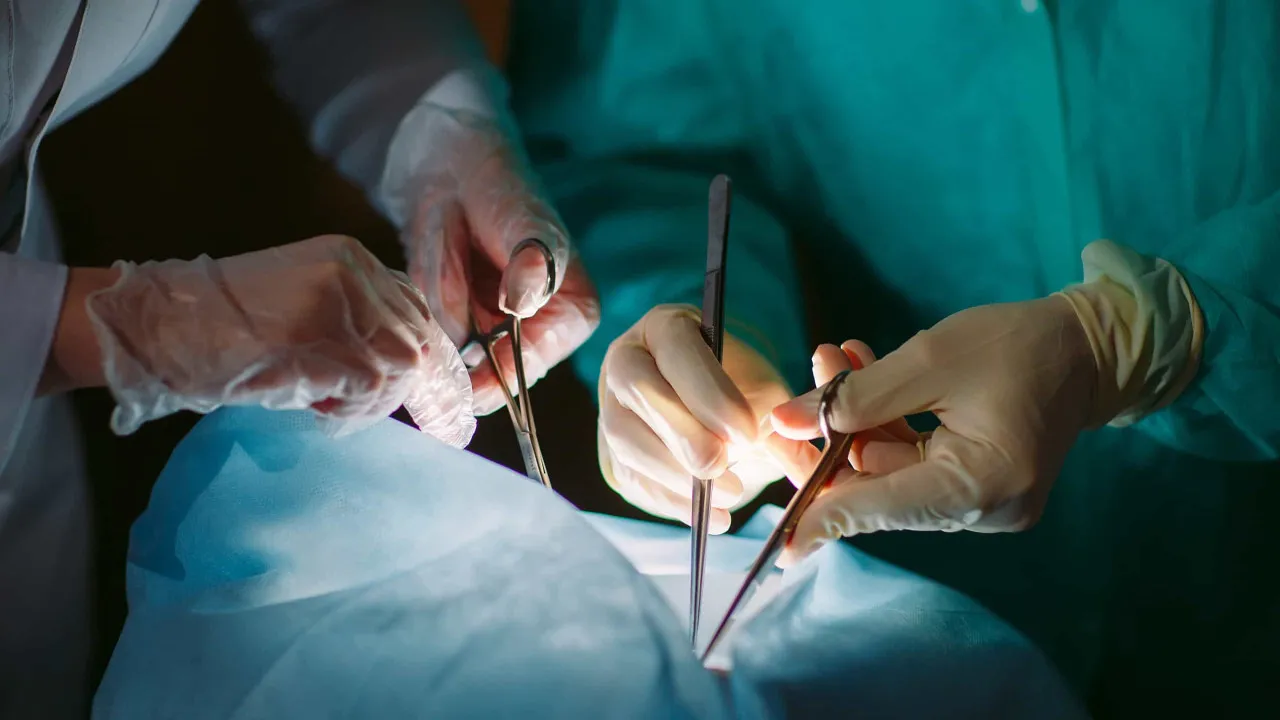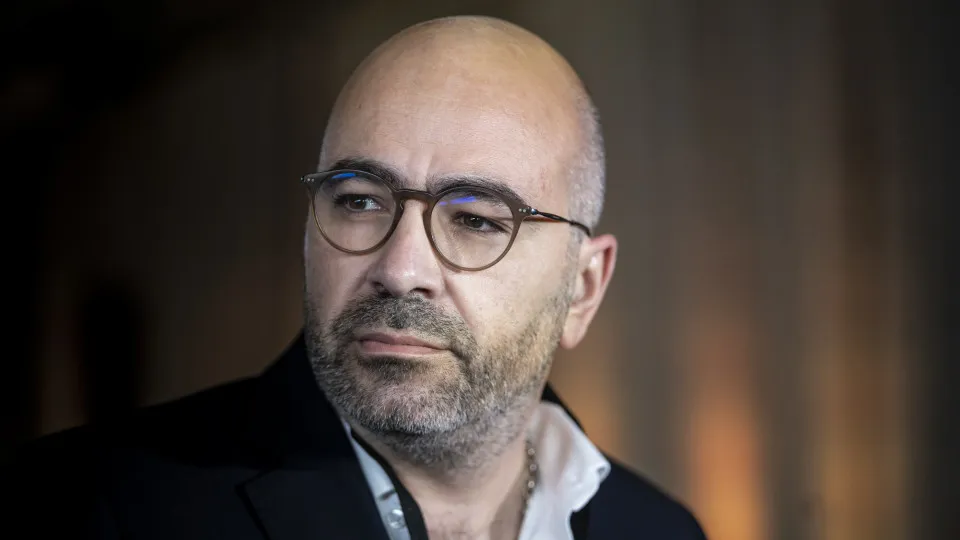
In Portugal, organ harvesting from all potential deceased donors is not feasible, unlike in other countries with more comprehensive legislation, stated the president of SPT on the eve of the National Organ Donation and Transplantation Day, celebrated this Sunday in Coimbra.
According to Cristina Jorge, the transplantation activity in Portugal still faces “legislative limitations,” preventing the collection of organs from individuals in intensive care who are at the end of life with no possibility of recovery.
“These patients are cared for with dignity until the end, but our legislation does not allow for organ harvesting, unlike other countries where this is already possible,” noted the expert, suggesting that a change in this regard could result in an increase of at least 30% in available organs for transplantation.
“I believe we need to pursue these legislative changes, and we are pushing for that,” emphasized the nephrologist.
In Portugal, organ harvesting is only allowed from brain-dead donors, where death is confirmed by neurological criteria, and from those deceased due to uncontrolled cardiocirculatory arrest, where sudden death occurs after unsuccessful resuscitation attempts. Living donor transplants are limited to certain organs, with kidney transplants being the most common.
Cristina Jorge added that even with potential legislative advances, it would be necessary to create conditions to utilize the harvested organs, which would involve strengthening the teams of healthcare professionals and the resources allocated to transplantation.
She pointed to Spain as an example, where donors who died with controlled cardiocirculatory criteria represent over half of the organs harvested for transplantation.
According to the expert, if Portugal adopted this legal change, it could substantially reduce waiting lists, mentioning the nearly 1,900 patients who are annually on the active list for kidney transplants, the most common in the country.
She noted that with a waiting list of around 19,000 patients ready to receive a kidney, 538 kidney transplants were performed in the National Health Service in 2024, demonstrating that the number of interventions remains insufficient to significantly reduce the list’s size.
Last year, 932 organs were transplanted, 71 of which were kidney organs from living donors, and 1,083 organs were harvested from deceased donors.
Portugal has shown in recent years an organ utilization rate above 80%, a satisfactory rate according to Cristina Jorge. Some organs not used domestically, due to a lack of compatible recipients, were sent to Spain, ensuring they were not discarded.
The expert also highlighted that the country “continues to be a reference” globally in transplantation activities, attributing this to the dedication of professionals, the cooperation of the Portuguese, and the design of the organ retrieval system.
In 2024, Portugal was, proportionally, the first globally in brain-dead donors, achieving a historic record in organs harvested, along with the highest number of heart transplants (58) and the second-best result ever in kidneys (538).
“Nonetheless, we still face a shortage of organs, as people who die under these criteria are often older and sicker, and not all organs potentially harvested can be utilized due to their inherent quality,” she cautioned.
Cristina Jorge also emphasized the constraints faced by teams dedicated to this activity, as the number of patients needing follow-up in healthcare units increases after transplantation.
“This population of transplanted patients grows over time, and the teams do not expand in the same way to handle this added healthcare burden,” the SPT president mentioned.
In this sense, she advocated that many transplant patients, who travel long distances only for tests or exams, could be monitored closer to their residences, which “is not yet possible today.”
“Even patient follow-up could often be conducted via telemedicine,” proposed Cristina Jorge, emphasizing that ensuring the quality of patient care is still feasible thanks to “dedicated, resilient professionals in this field, who also deserve appreciation and recognition.”
In Portugal, all citizens can be organ donors unless they register in the National Non-Donor Registry (RENNDA). Thus, under national legislation, everyone can be considered potential donors unless they express opposition in RENDA.




